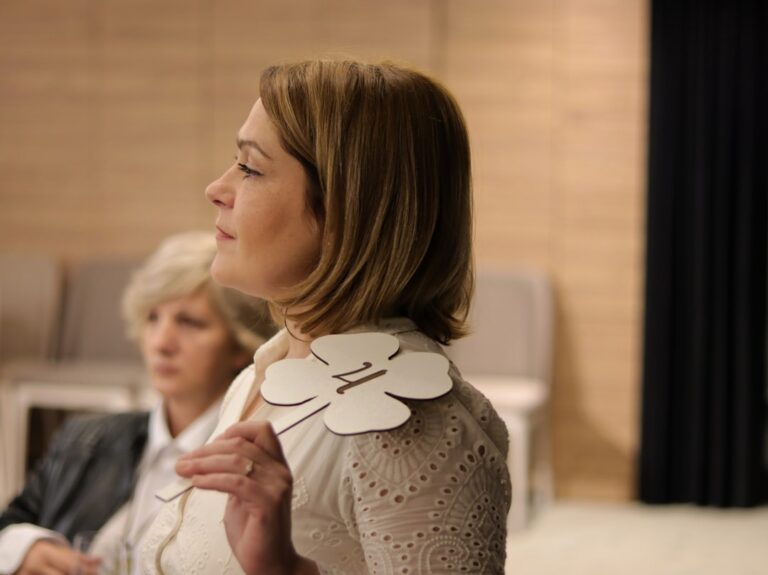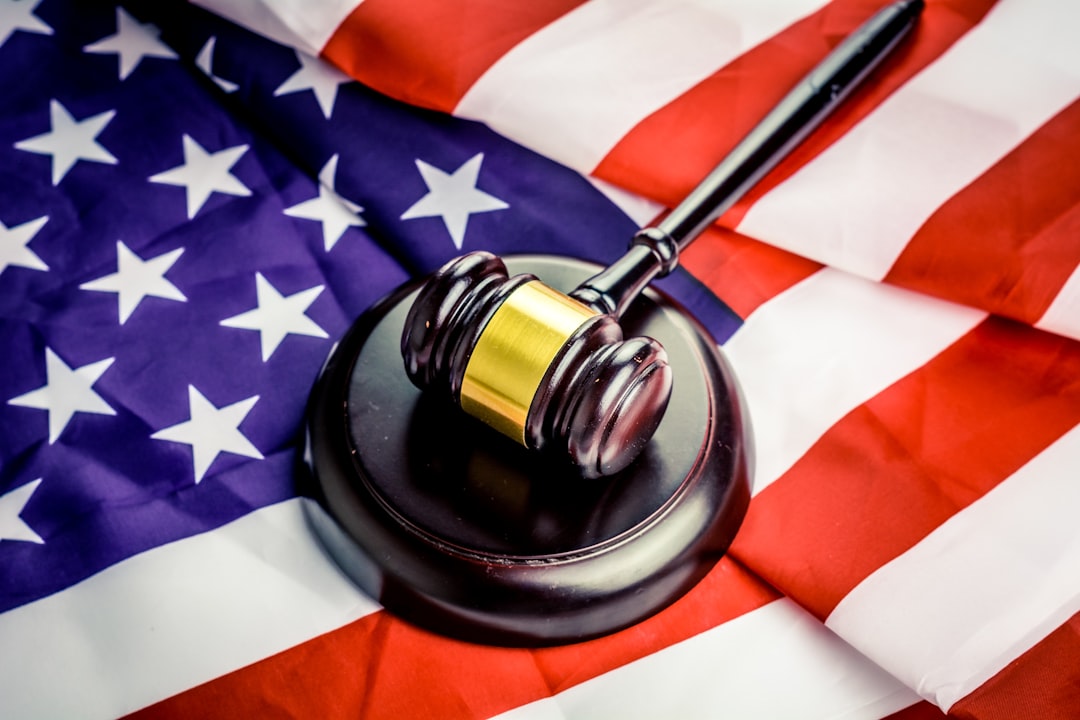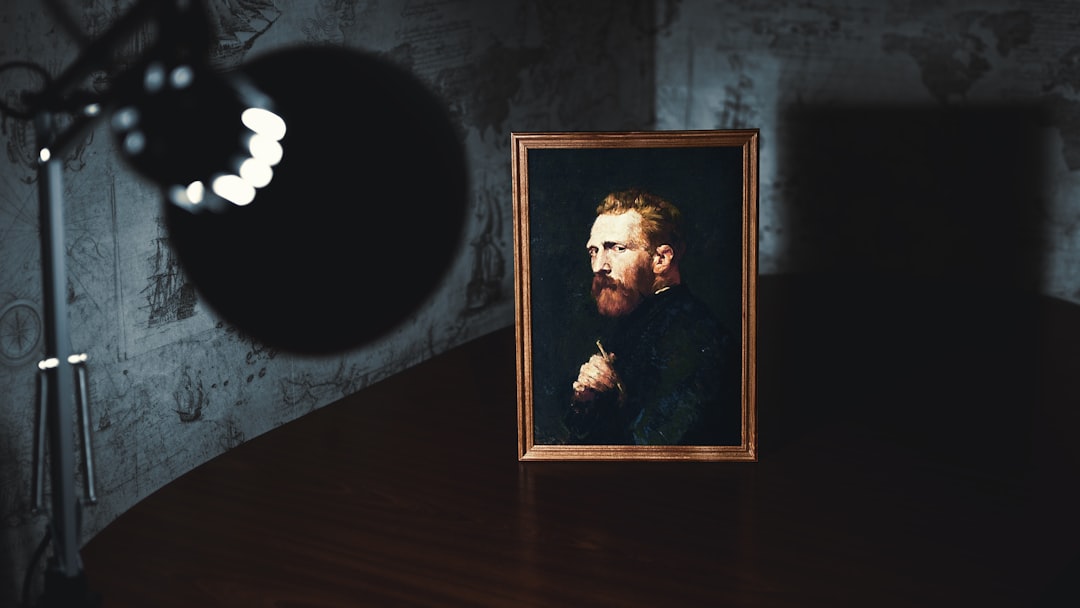Probate valuations in Warwickshire are essential for accurately assessing and distributing deceased's estates, ensuring fairness and transparency. These valuations consider all assets (tangible & intangible), from rural to urban properties, and calculate inheritance tax liabilities. Professional appraisers meticulously gather and document assets, adhering to local regulations and market trends, within strict timeframes to provide just estimates during probate processes.
Valuations for probate purposes are a crucial aspect of the legal process in Warwickshire, ensuring fair distribution of assets. This article delves into the intricate world of probate valuations from a legal perspective, exploring their role in streamlining Warwickshire’s probate process. We guide you through gathering and documenting assets for accurate appraisals, while addressing common challenges and best practices in probate valuation. Understanding these dynamics is essential for anyone navigating the complexities of estate planning and administration in Warwickshire.
- Understanding Probate Valuations: A Legal Perspective
- The Role of Valuations in Warwickshire's Probate Process
- Gathering and Documenting Assets for Accurate Appraisals
- Common Challenges and Best Practices in Probate Valuation
Understanding Probate Valuations: A Legal Perspective

Probate valuations are a critical aspect of the legal process, particularly in Warwickshire, where estate administration is subject to specific regulations. These valuations play a pivotal role in ensuring fairness and transparency during the probate of an estate. When a loved one passes away, their assets and liabilities need to be accurately assessed to determine the value of the estate, which is crucial for distributing assets according to the deceased’s wishes or inheritance laws.
From a legal standpoint, probate valuations provide a clear picture of the financial position of the decedent at the time of their death. This includes appraising tangible assets like property and personal belongings as well as intangible assets such as businesses or intellectual property. It is essential that these valuations are conducted impartially to safeguard the interests of all involved parties, including beneficiaries, heirs, and executors named in the will. Professional appraisers often assist in this process, offering expertise to ensure compliance with legal requirements for probate valuations in Warwickshire.
The Role of Valuations in Warwickshire's Probate Process

In Warwickshire, as in many parts of the UK, valuations play a crucial role in the probate process. When a loved one passes away, determining the value of their estate is an essential step to ensure fairness and accuracy during the distribution of assets. Valuations for probate purposes provide a clear picture of the financial standing of the deceased, enabling executors or administrators to manage the estate effectively.
These valuations are particularly important in Warwickshire due to its diverse landscape, from rural properties to bustling urban centres. Each asset, whether it’s a family home, land, investments, or personal belongings, must be accurately valued to calculate inheritance tax liabilities and ensure that beneficiaries receive their fair share as per the will of the deceased. Accurate valuations facilitate a smoother probate process, helping families navigate this often complex and emotional time with clarity and peace of mind.
Gathering and Documenting Assets for Accurate Appraisals

When it comes to valuations for probate in Warwickshire, gathering and documenting assets is a meticulous process designed to ensure accurate appraisals. The first step involves a thorough review of the deceased’s financial records, including bank statements, investment portfolios, and any other relevant documents. This provides a comprehensive overview of the estate’s current value. Next, all assets must be identified and catalogued, ranging from real estate properties and vehicles to personal belongings and valuable collections.
Documenting these assets meticulously is crucial. High-quality photos and detailed descriptions of each item are taken and recorded. For valuable items like art or antique furnishings, professional appraisals may be required. This ensures that when the time comes to distribute the estate, every asset is accurately valued, providing a clear picture of the financial standing of the deceased as per Warwickshire probate regulations.
Common Challenges and Best Practices in Probate Valuation

Valuations for probate in Warwickshire can be a complex process, often fraught with common challenges that professionals in this field must navigate. One major hurdle is the time-sensitive nature of probate; inheriting property or assets within a strict timeframe adds pressure to accurately assess their value. This urgency can lead to rushed appraisals, which may not reflect the true market worth of the items.
To ensure fair and precise valuations for probate in Warwickshire, best practices include engaging qualified and experienced valuers who understand the legal requirements. Comprehensive and detailed inventories of the assets, including their condition, age, and any unique features, are essential. Additionally, staying updated with local property values and market trends is crucial to provide accurate estimates. Using comparable sales data and specialist knowledge for specific asset types can significantly enhance the valuation process’s accuracy.
Valuations play a crucial role in the probate process, ensuring fairness and accuracy in Warwickshire. By understanding the legal perspective and implementing best practices, such as meticulous asset gathering and documentation, challenges can be mitigated. When conducting valuations for probate purposes, it’s essential to consider local market conditions and seek professional advice to ensure compliance with regulations. This comprehensive approach facilitates a smooth probate process in Warwickshire, providing peace of mind for all involved parties.
